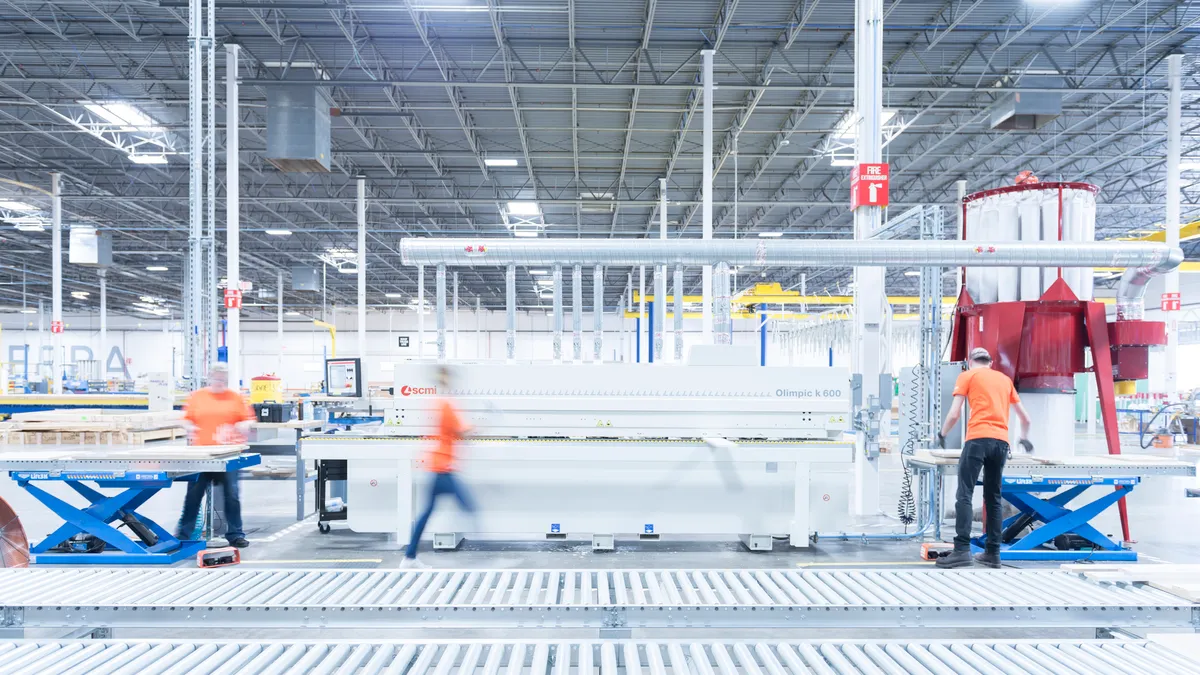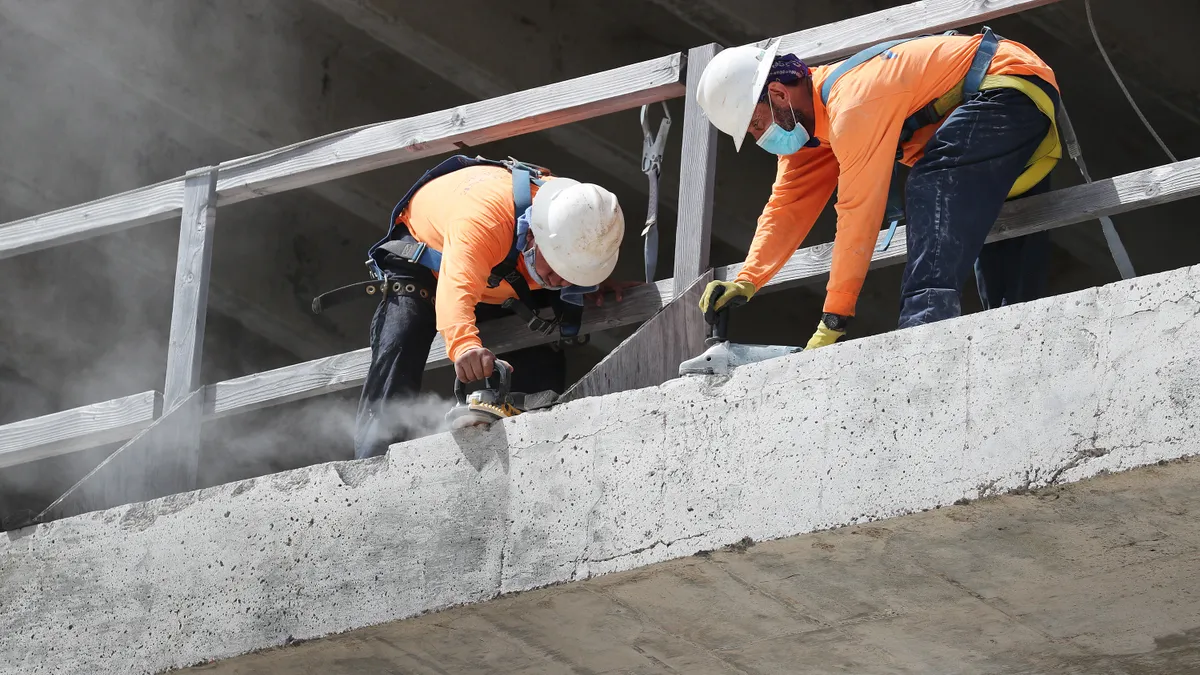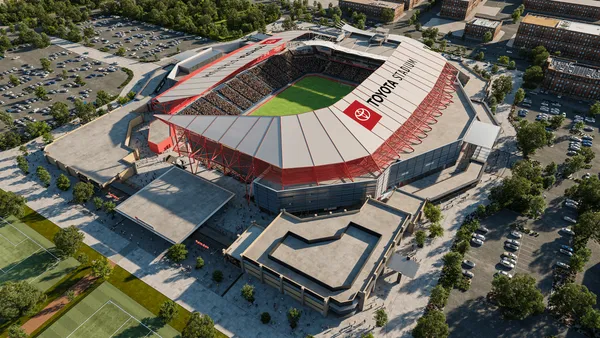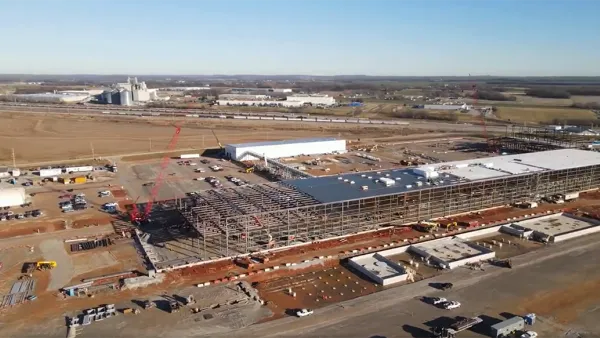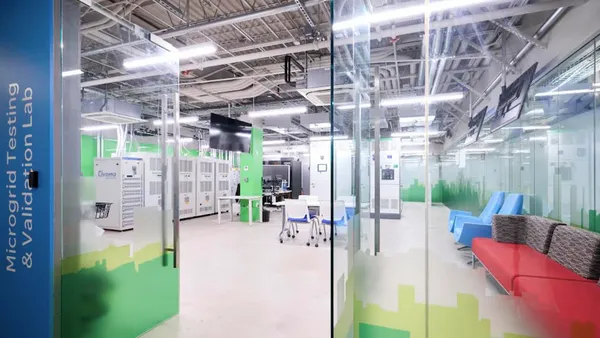Dive Brief:
- Turnkey modular builder Katerra is reportedly seeking $200 million in new funding, according to Axios.
- The Silicon Valley startup reported that it had raised $28 million of its planned $30 million round, though unidentified sources told Axios that Katerra is gearing up for a $200 million round, the Silicon Valley Business Journal reported.
- Katerra's last big funding round raked in $130 million for the company in April, bringing its valuation to $1 billion. The company, now entering its third year, reached $2.5 billion in valuation in 2017 after raising $160 million.
Dive Insight:
Investors are increasingly turning their eyes — and their checkbooks — toward a growing number of offsite construction companies. Katerra alone took a 15.5% share of the top 20 construction technology deals made from 2012 to mid-2017. Though the startup has snagged a number of investments in its short life, other such companies, like ManufactOn and FullStack Modular, have also secured millions in funding, representing growing momentum behind the delivery method.
Interest in offsite construction has grown markedly in recent years alongside a rising demand for new residential and nonresidential developments and a stagnation in industry productivity. According to a 2014 report from the National Institute of Building Sciences, 93% of AEC professionals surveyed reported using offsite methods during the last year. Offsite's chief benefit, the report found, is its assistance in shortening project timelines and lowering costs.
Though offsite's potential benefits are stoking interest in the process, big-name adopters like Google and Marriott are also driving increased adoption of the process. Google announced last year that it would tap modular-home fabricator Factory OS to build 300 prefabricated apartment units in San Francisco. Meanwhile, global hotel chain Marriott International has six offsite manufacturers building for the brand today, with plans to add seven more to that total by this year.
Marriott, especially, has been a significant driver behind offsite's ascent to the U.S. mainstream. The company may still exceed its goal of using the delivery method on 13% of its new North American hotel projects in 2017, and is currently working to create a metric of goals with which to measure offsite projects' successes and failures against their site-built counterparts.


